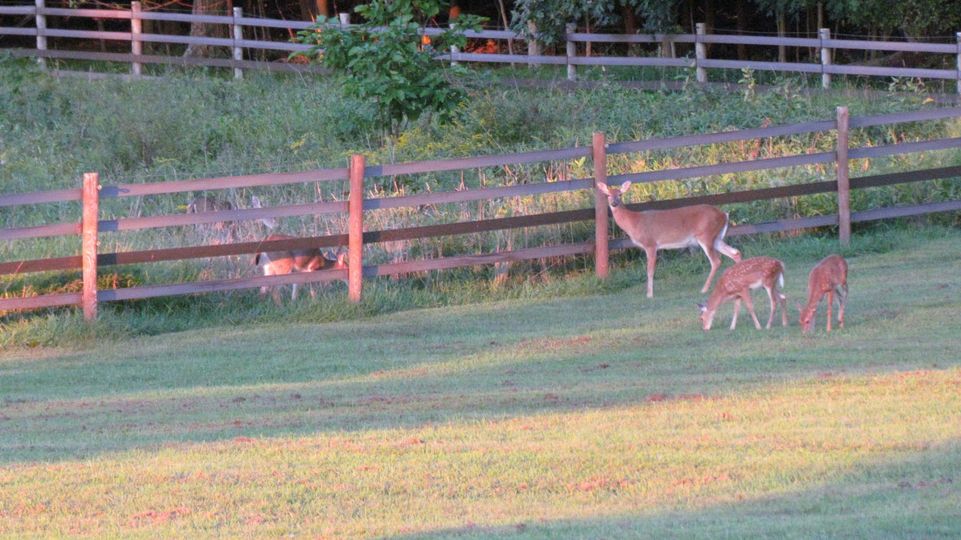Did you know that the average adult makes about 35,000 decisions a day? Whew!
But most of these are easy because they’re small and repetitive … what to make for dinner, what to wear, what to watch on TV, should we clean out the garage or go play tennis, take the kids to the zoo or the amusement park?
It’s the big decisions that are the challenge. Making big decisions can be really difficult!
What are big decisions? They’re the ones about money, education, health, careers, family, personal relationships, and lifestyle.
Big decisions require critical thinking. And problem solving. And if we get them wrong, what does that mean for our future?
Even world leaders have difficulty with big decisions. Take for instance the very different decisions made by U.S. leaders and EU (European Union) leaders when the Covid Pandemic caused business closings and lockdowns in 2020.
Despite that there are 100 million more people living in the EU countries than in the U.S., only 2.6 million people in the EU lost jobs during the Covid pandemic while 9.6 million people in the U.S. lost jobs.
Why would nearly 4 times as many jobs disappear here than in Europe?
Quite simply, it’s because of the way the U.S. decided to deal with the pandemic versus the way the European Union did. The outcome of a big decision.
The EU devised job retention programs that combined temporary layoffs and shorter work days in addition to teleworking to keep people working rather than job loss. Although their incomes were temporarily reduced, jobs quickly went back to normal.
The U.S. devised a program of stimulus checks and expanded unemployment compensation to bail people out. The result, as the stimulus checks continued and jobs re-opened, there weren’t enough people to now fill the jobs because many people were earning more not working and getting checks from the government.
Unfilled job vacancies are a huge problem right now in the U.S. for every part of the economy … from restaurants to hospitals and manufacturing to agriculture.
Which side do you think offered the best solution … made the best decision? Which side of that fence would you want to be on?
Like all situations in life, the big decisions we make determine what we’ll deal with next and in the future. It brings me to the question, “How do you make the big decisions in your life?”
A study done by UCLA discovered that technology is having a negative impact on our ability to think critically. Problem-solving and decision-making skills are on the decline.
Yet decision making is a key skill needed to be happy with your life so you aren’t suspended in a stressful state of indecision. Like all skills, there are steps you can take to do it better. They are:
Step 1. Don’t be guided by stress – Use the 12/12/12 rule. Make a Pros and Cons list of all your decision options. This will help you be guided by logic and intelligence and show that you may have more options than you thought. Look at the options and think about how each will make you feel and how it will change your life 12 days from now … 12 months from now … and 12 years from now.
Step 2. Don’t rush. If there is no imminent threat or need, take the time to make the best decision for both short term and long term solutions. Talk to an objective professional who can listen and offer perspectives you may not have considered.
Step 3. Follow your personal values and goals. Make decisions that won’t cause conflicts with your values and will help you attain your goals so you don’t end up with regrets. A short-term flash of relief may not be worth future sacrifices.
Step 4. Don’t base your decisions on what others might do or have done. What is right for someone else may not be right for you. You don’t know what others are dealing with or why they make the choices they do. You don’t even know if they are happy with their choices. They may not be.
When you are facing a big decision in your life, think clearly and carefully about the choices you have. Which side of the fence do you want to be on?
“Decision making and problem solving are not the same. To solve a problem, one needs to find a solution. To make a decision, one needs to make a choice.”
Michael J. Marx

